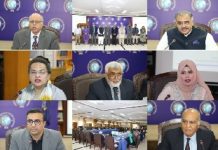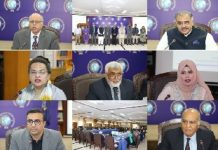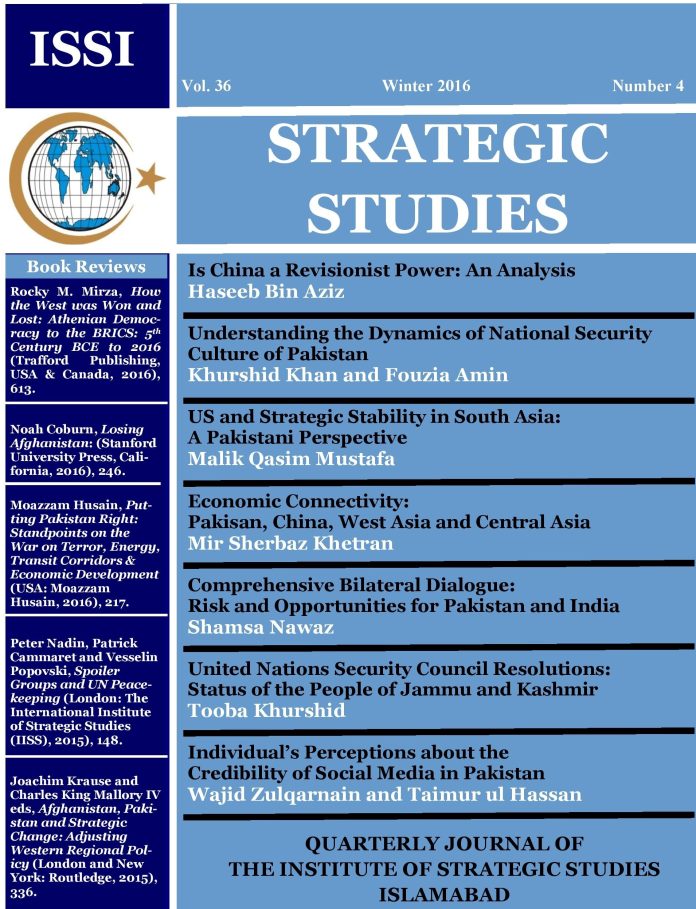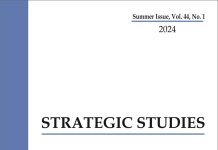Abstract:
Pakistan is situated at the convergence of three geo-economically significant regions of South Asia, Central Asia and West Asia. It offers shortest route to the sea for all landlocked countries of Central Asia alongside the Western China and figures significantly, in this connectivity, due to Karachi port, Qasim port, and Gwadar port along the Arabian Sea. This is recognised by most of the Central Asian governments which consider Pakistan as a rapidly emerging connection for several corridors of cooperation among all the three regions in the fields of energy, trade, transportation and tourism. In addition to it, Pakistan’s largest province Balochistan, is very rich in natural resources particularly hydrocarbons. Pakistan improved its relations with the Central Asian States when the charter of Economic Cooperation Organisation (ECO) was signed on November 28, 1992 for the sustainable economic development of member states among the Central Asian states, Pakistan, Iran and Turkey. In this era of globalisation, extensive developments and communication links are required to integrate the Central and South Asian regions. In this connection, Pakistan is located at the crossroads and can play an important role in the integration of the region. This paper will deal with two main questions i.e., What prospects are there for the ongoing projects of regional economic connectivity? How successful will they be to counter parochial political narratives on geopolitics and geostrategic issues, which have increasingly made the world a reservoir of arms and ammunitions?














